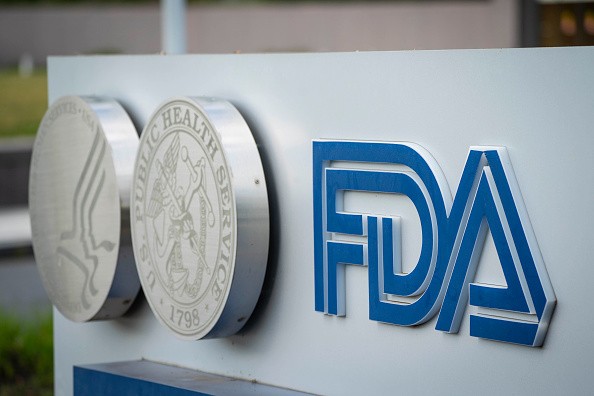FDA Approves World's First Successful Ebola Treatment

An Ebola virus treatment received approval from the U.S. Food and Drug Administration (FDA) on Wednesday.
With the new treatment against Ebola, the FDA granted a major step in fighting the world's deadliest pathogen, said The Hill.
FDA announced this development in a release posted on their site. The approved treatment Inmazeb is a mixture of three monoclonal antibodies. It was the first Ebola treatment approved by the FDA for both adults and children.
Pharmaceutical company Regeneron produced this antibody treatment after a trial among 382 patients in the Democratic Republic of the Congo. According to Doctors Without Borders, the country declared its 11th outbreak of the virus in just over 40 years.
One of the latest outbreaks happened in 2018, where about 3,470 were infected, and some 2,000 people were killed. It was the biggest outbreak to happen in the country and the second-largest one in the world.
Global health officials managed to get the outbreak under control using a vaccine called Ervebo in 2019, said an earlier FDA release.
The new drug seeks to treat the most common form of the Ebola virus, the Zaire ebolavirus. It has infected more people than the other strains of the virus and has killed more victims as well.
Ebola Still Life-Threatening
As said in a Forbes report, the FDA noted that Ebola remains a life-threatening ailment. But they added that their findings remain significant.
The agency reported the results of their clinical trial (PALM trial) that was part of the country's program to fight Ebola.
Over 33 percent of patients in the trial who received the treatment died after 28 days, while 51 percent died when given control, the agency said. The risks suggest a substantially lower mortality rate among those who were treated with the drug.
The virus can still kill as many as nine in 10 who have contracted it if they are not appropriately treated.
Office of Infectious Diseases Director John Farley, M.D. commended the progress in approving the new Ebola treatment.
"Today's approval highlights the importance of international collaboration in the fight against Ebola virus," Farley said. He also noted that Wednesday's actions were a "significant step forward" in combating the infectious disease.
Ebola Transmission, Treatment Symptoms
Ebola can be transmitted through direct contact, which can infect people through blood, bodily fluids and tissues of infected people or contaminated surfaces.
The means of transmission put third world countries and its health care workers at high risk of infection.
FDA warned that some symptoms come with getting an Inmazeb treatment. These symptoms include fever, chills, fast heart rate and breathing, and vomiting. But these are also symptoms commonly found in Ebola-infected patients.
The agency also warned people who receive Inmazed to avoid taking it alongside the vaccine. Doing so could lead to inhibiting the replication of the vaccine virus and reducing the vaccine's efficacy.
Hypersensitivity can also occur in patients who receive the treatment. With this, the agency warned to halt the treatment if patients experience that kind of reaction.
Check these out:
Homemade COVID-19 Vaccine: Does it Work and is it Safe?
Johnson & Johnson Halts COVID-19 Vaccine Trial Due to 'Unexplained Illness'
Most Promising COVID-19 Treatments So Far: Will There be a Vaccine Soon?
Subscribe to Latin Post!
Sign up for our free newsletter for the Latest coverage!

















